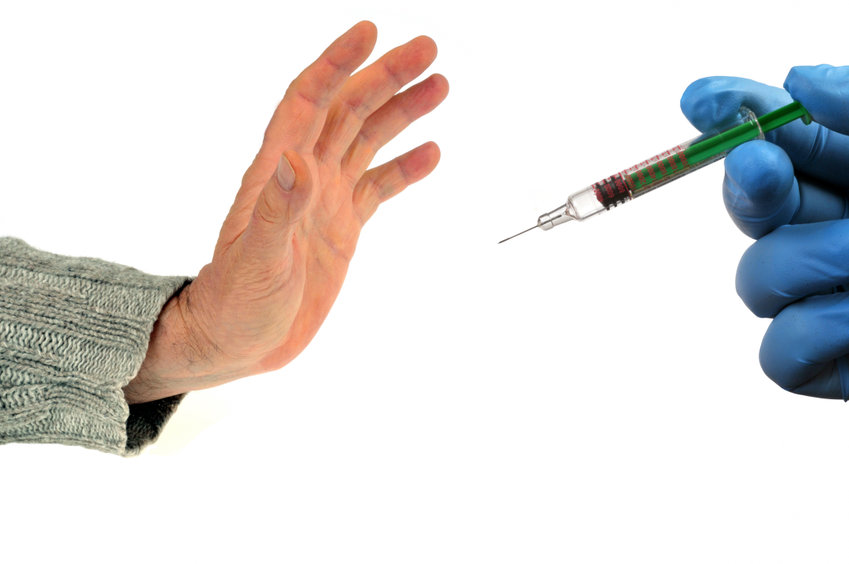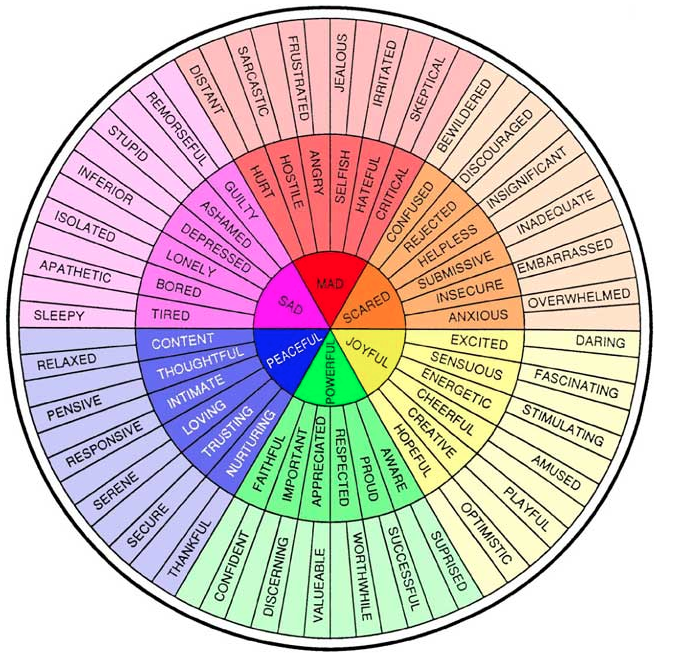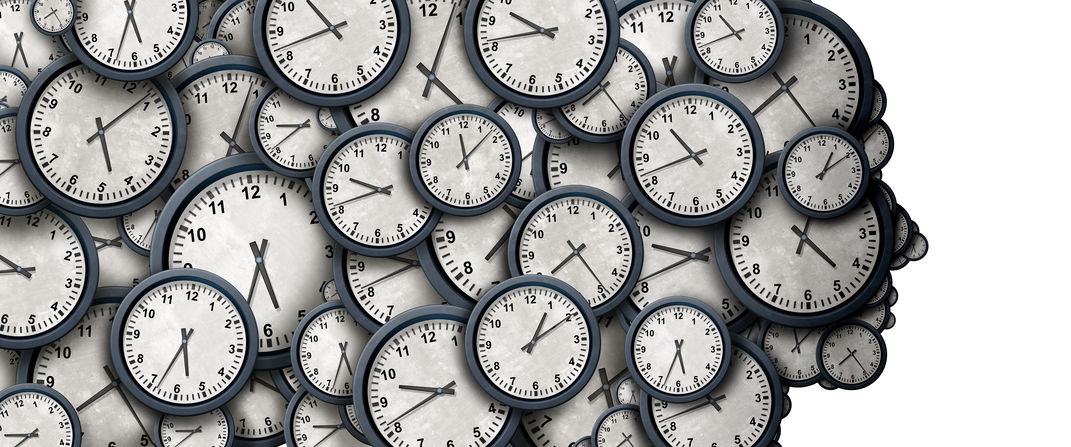History is about meanings not events
When you take a history, especially when you enquire into someone’s childhood experiences, it’s important not to get too caught up in the events. As therapists, we are not so much interested in what happened but in what meaning the person, the child, made of the events. Imagine your client says, “Mum was very strict, … Read more








